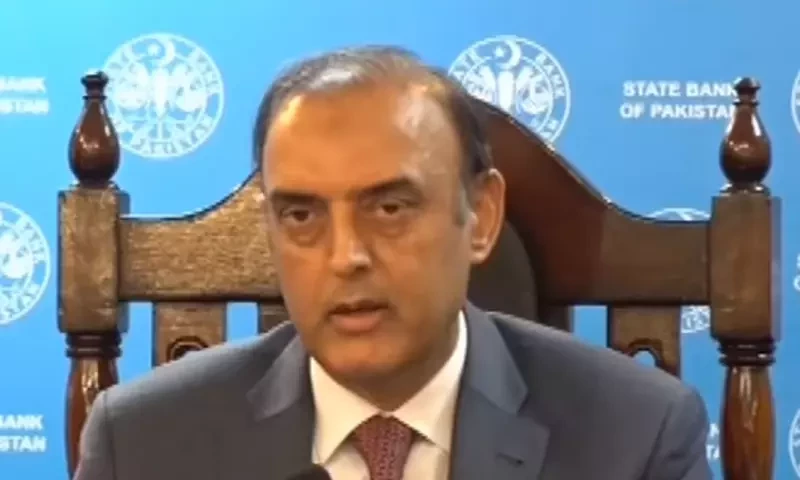In recent times, the world has witnessed alarming events in the Middle East that have sparked global outrage and calls for justice. Pakistan, in a resolute stand, has labeled the collective punishment of Gaza entire Palestinian population by Israeli Occupation forces as “unacceptable.” This stance has drawn attention to what they regard as “war crimes and crimes against humanity.” In this article, we will delve into the details of this significant issue, exploring the Pakistani perspective and the broader implications of such actions.
The Unacceptable Collective Punishment
A Plea for Justice
The Pakistani delegate to the United Nations, Rabia Ijaz, passionately addressed the General Assembly’s Sixth (legal) Committee. She spoke on the subject of crimes against humanity, shedding light on the need for a universal instrument to prevent and punish such crimes, particularly in the midst of ongoing geopolitical confrontations, including the recent Israeli-Palestinian conflict.
Alarming Humanitarian Crisis
Pakistan’s concern primarily revolves around the rapidly deteriorating and dire humanitarian situation in Gaza. This crisis has been exacerbated by indiscriminate aerial bombardment, which has even targeted civilian and UN-protected locations. The impact of such actions on the Palestinian population is severe, prompting concerns of a potential humanitarian catastrophe.
READ MORE: Chaudhry Parvez Elahi’s Judicial Remand Extended in Federal Judicial Complex Violence Case
Inhumane Blockade
The Pakistani delegate further condemned the “inhumane blockade of food, fuel, and medicines,” which is seen as a collective punishment of the entire Palestinian population by Israeli Occupation forces. Such measures have been widely criticized for their adverse effects on the people of Gaza, particularly the most vulnerable segments of society.
The Ongoing Cycle of Aggression
Decades of Unresolved Issues
Ms. Ijaz emphasized that the current cycle of aggression and violence is a result of over seven decades of illegal Israeli occupation, aggression, and disregard for international law, including UNSC resolutions that recognize the inalienable right to self-determination of the Palestinian people. The situation in the Middle East remains deeply complex and fraught with tension, making the need for a resolution even more pressing.
A Call for a Two-State Solution
Pakistan advocates for a just, comprehensive, and lasting two-state solution in the Middle East. They envision a viable, sovereign, and contiguous State of Palestine based on pre-1967 borders, with Al Quds Al-Sharif as its capital. This vision, they believe, is essential for establishing lasting peace in the region.
Pursuit of Justice
Ms. Ijaz called for global cooperation to eradicate impunity for those responsible for crimes against humanity and to ensure justice for the victims. The International Law Commission’s draft articles serve as a starting point for this endeavor, but further discussions are needed to bridge the disparities in viewpoints and arrive at a comprehensive and effective solution.
Conclusion
The situation in Gaza and the broader Israeli-Palestinian conflict remains a poignant reminder of the pressing need for a just and lasting resolution. Pakistan’s call for justice and their condemnation of collective punishment in Gaza shed light on the urgency of addressing these critical issues. In the absence of a comprehensive solution, peace in the Middle East will continue to remain elusive.




